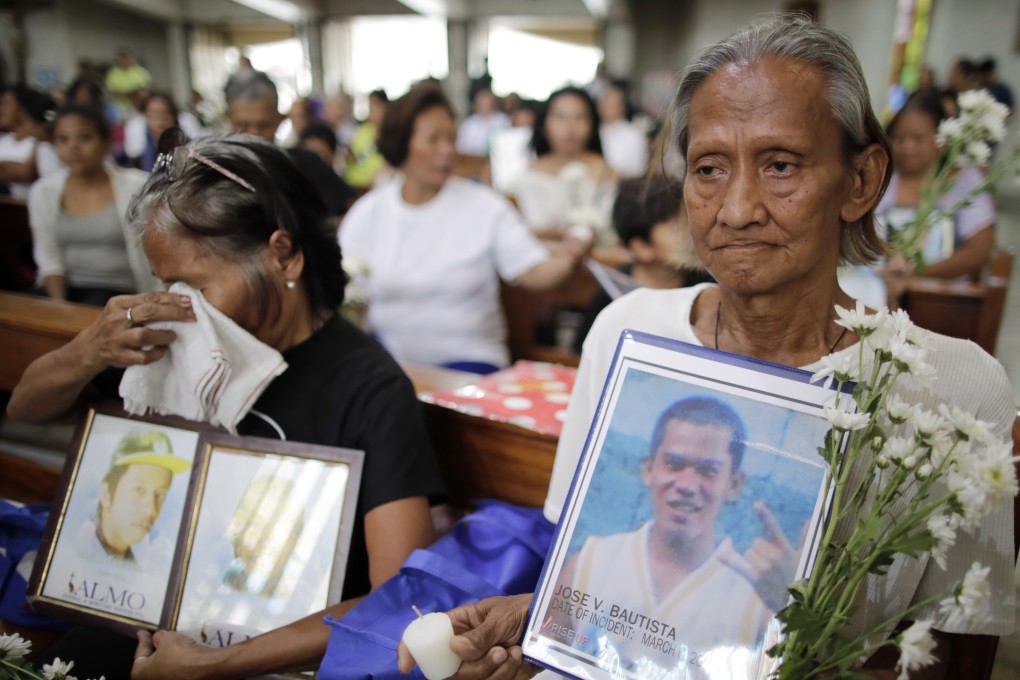Duterte’s war on drugs: global human rights coalition to aid International Criminal Court in Philippines inquiry
- Investigate PH, comprised of foreign-based church groups, lawyers and political leaders, will gather evidence of the president’s misdeeds for the ICC
- Group will also probe “red-tagging” of student activists, human rights advocates, lawyers, teachers and religious leaders

While under Philippine law Duterte enjoys immunity from any suit filed in the country, he would have no such immunity from the ICC.
Chris Ferguson, general secretary of the Germany-based World Communion of Reformed Churches, told This Week in Asia in a phone interview that the impetus to form the coalition came “from all these groups that have traditionally been involved in defending human rights and the struggle for justice”, adding that the network was already in place.
He said the World Communion of Reformed Churches alone represented 233 religious denominations in over 110 countries, with about 100 million members. “We mobilise around the defence and protection of human rights and all those we believe for whom justice has been denied as part of our religious vocation,” he said.
Ferguson stressed that the coalition was not “singling out” the Philippines, but said the country was “distinguishing itself as a particularly egregious example of the violation of human rights and impunity”.